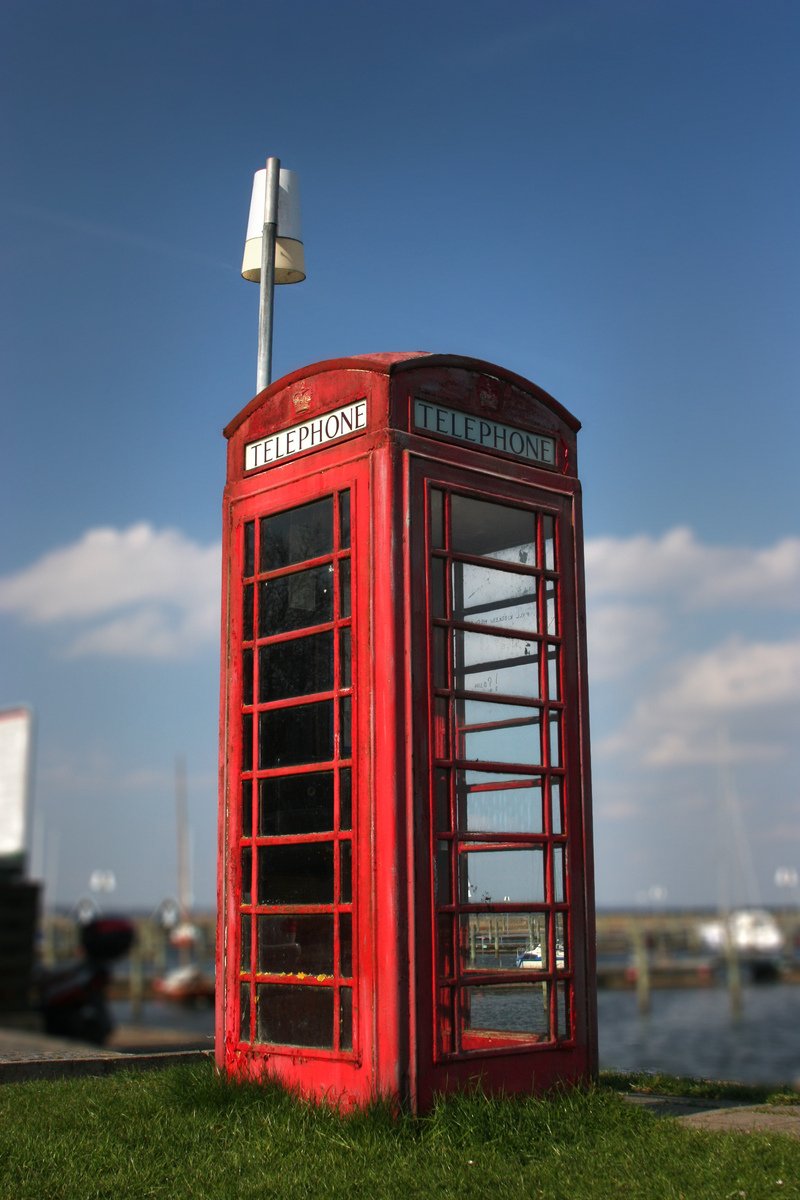

THE effort to paint everything as a "Science" or a "Technology" does not amuse us. We've come to the point where nature is being called something like "natural science" for the sake of patenting (there's also "biotech" and life has become "life science"). MedTech and similar words/phrases like Software as a Medical Device (SaMD) were tackled here before; this morning we saw this new piece about "Agritechs" (first time we see that as a single word). It says that "the decisions in Broccoli II and Tomato II led to disappointment amongst farmers and breeders, who viewed the decisions as putting unnecessary hurdles in the way of conventional breeding activities."
"It has long been pretty incredible that the European Patent Office (EPO) grants patents on plants, seeds and animals."Well, duh.
It has long been pretty incredible that the European Patent Office (EPO) grants patents on plants, seeds and animals. António Campinos and Benoît Battistelli have both done photo ops with groups that push for this lunacy, propelling that agenda. This, in my view, is even crazier than those ludicrous software patents in Europe (in effect monopolies on mathematics) because it's like claiming credit for the planet's own work (or "God" is you're a religious person). We've written about EPO protests over this matter for well over a decade now. We posted photographs from those protests as well. Remember those massive inflatable pigs? Who can forget?
"Patent examiners we know (yes, we occasionally speak to a few) are generally against that. They don't think it does any good to the reputation of the employer and their job, not to mention the sense of injustice associated with helping mega-corporations which are in effect chemical giants (they literally make poisons; see Bayer's and Monsanto's entire history) at the expense of poor farmers -- many of them so debt-saddled and stressed that they commit suicide."Also this morning we saw new sponsored 'articles' like Managing Intellectual Property's "EPO: Plants which are not patentable" (notice sponsorship note on the left hand side). All plants should not be patentable. The common loophole or workaround is GMO. Irrespective of the merit of the manipulation/mutation they look to patent it and if it reproduces, they then claim to 'own' that too. Quite a ploy for endless, limitless monopoly! The U.S. Patent and Trademark Office (USPTO) is antagonistic towards that (because of Mayo for instance), whereas in Europe nothing was done to tackle the matter. The EPO continues to shelter the monopolies of Bayer/Monsanto.
Patent examiners we know (yes, we occasionally speak to a few) are generally against that. They don't think it does any good to the reputation of the employer and their job, not to mention the sense of injustice associated with helping mega-corporations which are in effect chemical giants (they literally make poisons; see Bayer's and Monsanto's entire history) at the expense of poor farmers -- many of them so debt-saddled and stressed that they commit suicide.
For the long-term survival of the patent system the credibility of the cause is essential; right now with COVID-19 the patent system is coming under endless scrutiny (and Watchtroll keeps moaning about the critics). How can we reconcile the need to find cures/inoculation -- as soon as possible to be distributed as widely as possible -- with the race for monopolies, exclusivity, and price-fixing efforts (related to access to medicines and generics being crushed).
"The patent system cannot survive for long (it may cease to exist altogether) if the public cannot be convinced that it serves the public interest."The patent system isn't like a 'God-given' thing; heck, it has barely existed in the entire history of human kind. It's a relatively young concept, mostly promoted if not also conceived by the super-rich looking to guard their wealth. They're not happy with SCOTUS examining constitutional aspects and coming up with 35 U.S.C. ۤ 101/Alice because it limits the scope of monopoly. It increases freedom to operate (not the same as deregulation) and broadens the Commons.
The patent system cannot survive for long (it may cease to exist altogether) if the public cannot be convinced that it serves the public interest.
"...the public generally comes to realise that many patent monopolies are derived from the 'public purse' and then handed over to private hands that rip off the taxpayers."Two days ago CounterPunch published this article entitled "Is it Impossible to Envision a World Without Patent Monopolies?"
"Elisabeth Rosenthal," it said, "who is a very insightful writer on health care issues, had a column this morning warning that we may face very high prices for a coronavirus vaccine. She points out that this is in spite of the fact that the government is paying for much of the cost of the research."
This is another common cause for criticism; the public generally comes to realise that many patent monopolies are derived from the 'public purse' and then handed over to private hands that rip off the taxpayers. This is a gross abuse of the system and the more people catch up with it, the stronger the resistance will become. In this particular context, unlike with code, many lives are at stake. ⬆